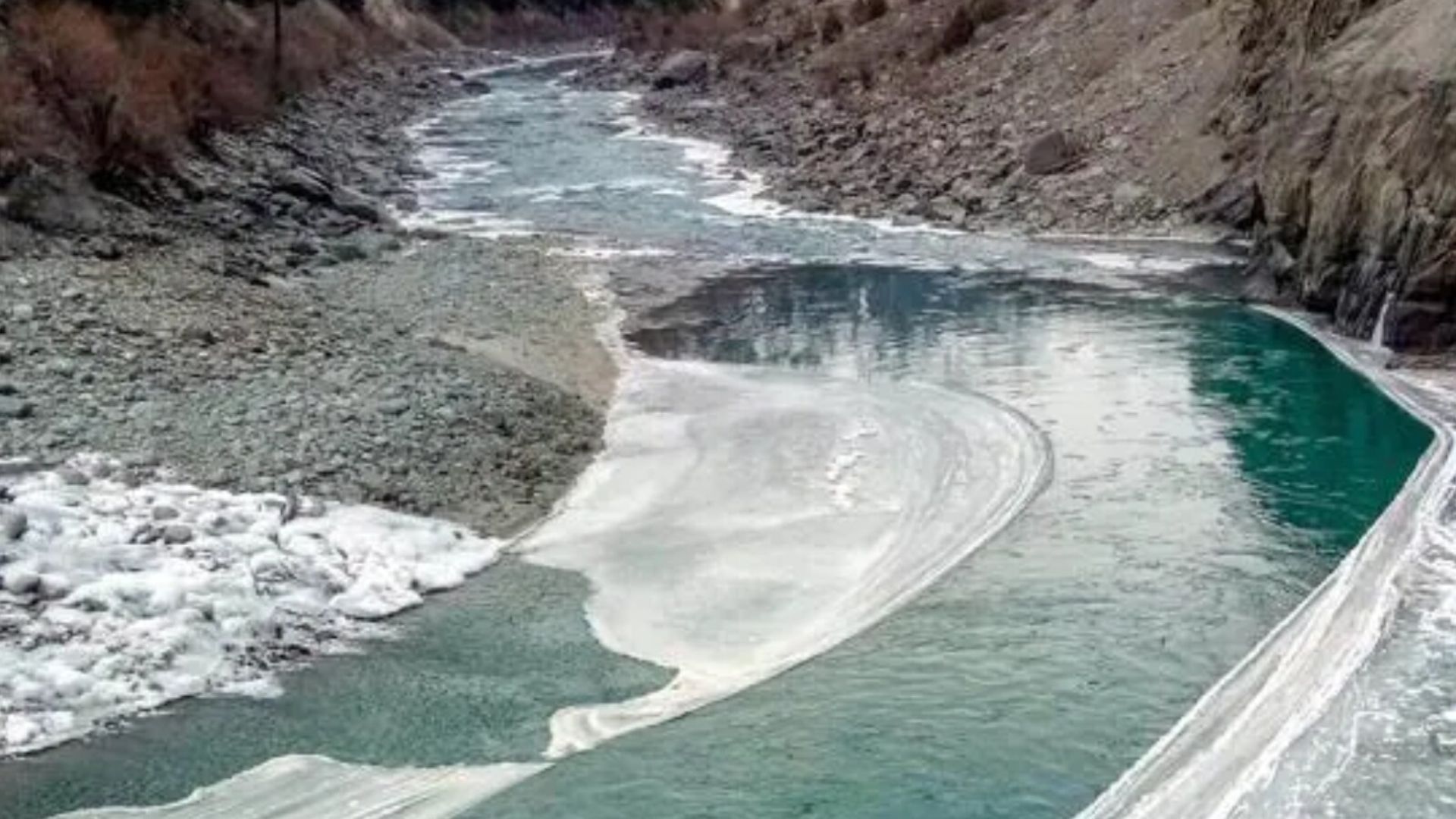In a significant move reflecting its frustration with the 1960 Indus Waters Treaty, India formally notified Pakistan on August 30, 2024, requesting a review and modification of the agreement. This action is based on Article XII (3) of the Treaty, which allows for changes through a ratified Treaty agreed upon by both governments.
Indian officials contend that Pakistan has persistently obstructed projects on India’s side of the Indus River and has exploited India’s goodwill under the Treaty. The formal notification cites several fundamental changes since the Treaty was established, necessitating a reassessment of its obligations. Three main concerns were highlighted: first, the significant changes in population demographics and their impact on agricultural and other water uses; second, the urgent need for clean energy development to meet India’s emission targets; and third, the effects of ongoing cross-border terrorism in Jammu and Kashmir, which have hindered the effective implementation of the Treaty and the exercise of India’s rights.
These developments arise amid ongoing controversies surrounding the Ratle and Kishenganga hydropower projects. Indian officials believe that Pakistan has obstructed these initiatives, taking unfair advantage of India’s concessions under the Treaty. Complicating matters, the World Bank has activated both the Neutral Expert mechanism and the Court of Arbitration.
Experts suggest that this decision by the Indian government reflects growing irritation over Pakistan’s uncooperative stance regarding water sharing, alongside frustration with continued terrorist attacks. There is a sentiment that the Treaty was established with an overly optimistic view of India’s relationship with Pakistan, which has since been marred by hostility and support for terrorism. In Jammu and Kashmir, there are calls for a review of the Treaty, as many feel their rights were compromised without adequate consultation. Additionally, there is strong sentiment in Punjab and Haryana regarding water rights, where residents believe they could benefit from new projects and technologies.
Sources indicate that the notice for modification was issued after extensive discussions within the government, symbolizing the Modi administration’s commitment to rectify what is seen as a historical oversight.







